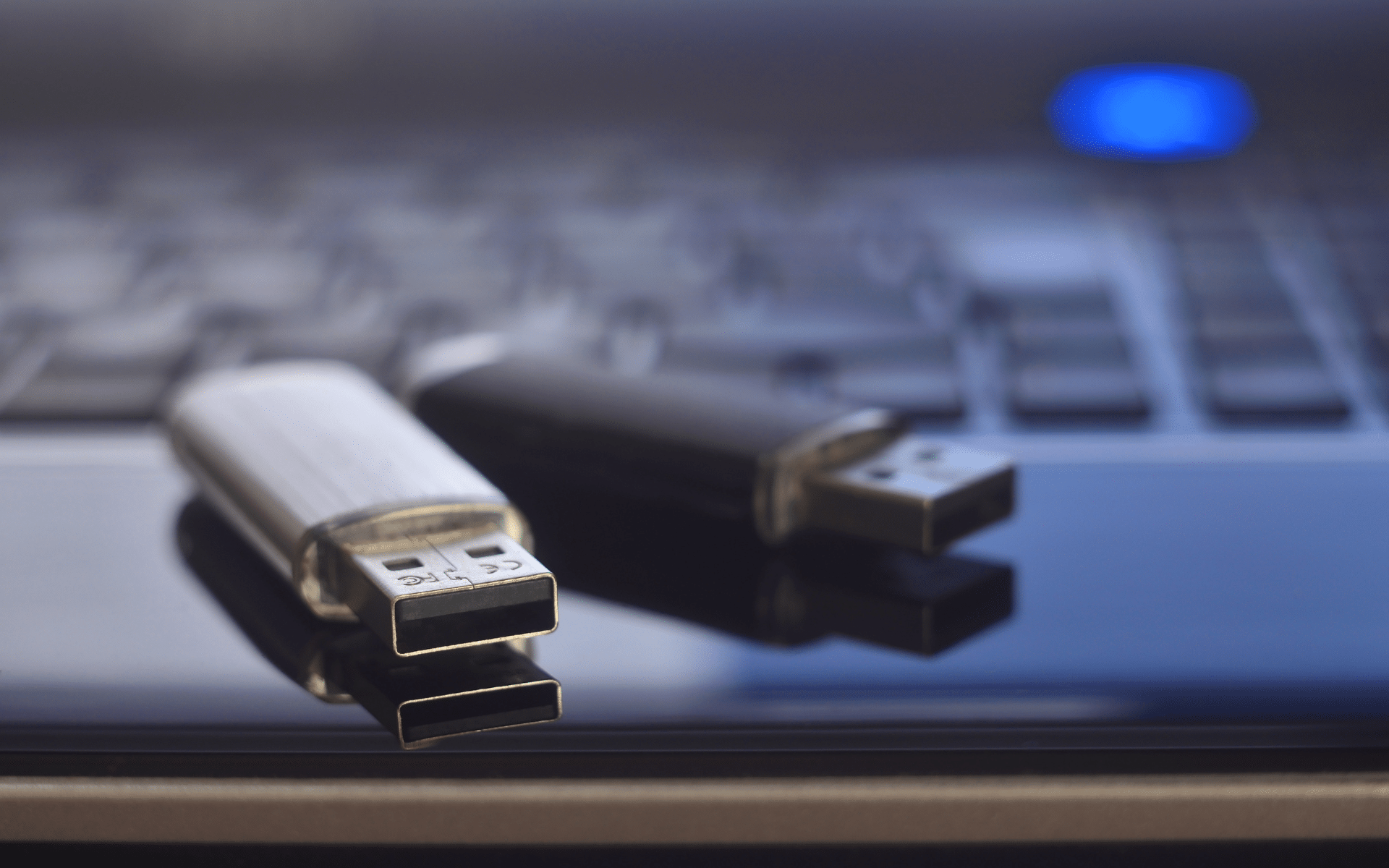
Deep and Dark Web
When talking about the Dark Web and the Deep Web, confusion often arises. The two terms are frequently used as synonyms, but they refer to very different realities. Both describe portions of the internet that are not accessible through traditional search engines like Google or Bing. However, their functions, contents, and risk levels are vastly different.
On one hand, the Deep Web simply refers to all content that is invisible to search engines. On the other hand, the Dark Web is a subset of the Deep Web that is hard to access and contains a wide range of content.
What Is the Dark Web?
The Dark Web is a specific part of the Deep Web that is intentionally hidden and only accessible through special software like Tor (The Onion Router) or I2P (Invisible Internet Project). Websites on the Dark Web use encrypted addresses that can’t be accessed by standard browsers and often end in extensions like .onion.
The Dark Web is notorious for hosting illegal activities: drug markets, stolen data trading, weapon sales, fake documents, and more. However, not everything on the Dark Web is illegal. There are also anonymous forums for political activists, whistleblowers, and journalists operating in countries with strict censorship.
Browsing the Dark Web without proper precautions can be extremely risky—both legally and in terms of personal security.
What Is the Deep Web?
The Deep Web includes all web pages that are not indexed by conventional search engines. This means the Deep Web is far larger than the part of the internet we use every day (the so-called “Surface Web”).
Common examples of Deep Web content include:
- Password-protected pages (such as private emails, online banking accounts)
- Academic databases
- Internal corporate documents
- Content behind paywalls (like Netflix or online archives)
Unlike the Dark Web, the Deep Web is not inherently illegal or dangerous. It’s simply the “invisible” side of the internet, where most private and protected information resides.
The Dangers of the Dark Web
Despite the anonymity the Dark Web provides, exploring it comes with many risks:
- Cybercrime: There’s a high chance of encountering hackers, scammers, and malware. Even casual browsing can make you a target of cyberattacks.
- Illegal content: Downloading or even just viewing certain content can be a criminal offense in many jurisdictions.
- Scams: Many Dark Web markets are full of fake vendors trying to scam inexperienced users.
- Personal security: Without proper protections (like a VPN, correctly configured Tor, secure operating systems), your identity can be exposed.
- Legal attention: Simply accessing certain parts of the Dark Web can attract the interest of law enforcement agencies.
In short, the Dark Web is not a place to explore lightly.
What Can You Find on the Dark Web?
You can find virtually anything on the Dark Web, both legal and illegal. Some examples include:
- Black markets: Sales of drugs, weapons, stolen credit cards, digital identities.
- Anonymous forums: Spaces for journalists, activists, or citizens under oppressive regimes to communicate without censorship.
- Stolen databases: Personal information obtained from hacking attacks (such as credit card numbers or passwords).
- Hacking services: Offers to hack social accounts, emails, or company systems.
- Confidential documents: Government manuals, political leaks, internal company documents.
There are also more “positive” aspects, like platforms for free expression and privacy tools, but these make up a small fraction compared to the overall volume of illegal material.
The “Mystery Boxes” from the Dark Web
In recent years, numerous videos have gone viral where people claim to purchase so-called mystery boxes from the Dark Web, containing creepy or illegal items. However, in almost all cases, these videos are staged, designed for entertainment.
Buying actual “mystery boxes” on the Dark Web is highly unlikely: darknet markets typically offer specific goods like drugs, stolen data, or hacking tools—not random boxes. Additionally, shipping compromising items via mail exposes both sellers and buyers to major legal risks.
A closer look at these videos reveals that the contents are perfectly staged to build suspense, featuring items like broken dolls, mysterious USB drives, and threatening letters—things that are hard to imagine in a real transaction.
In the end, Dark Web mystery boxes are almost always a hoax: a format created to rack up millions of views through shock value and a fascination with the occult, rather than being a genuine glimpse into the darknet world.








